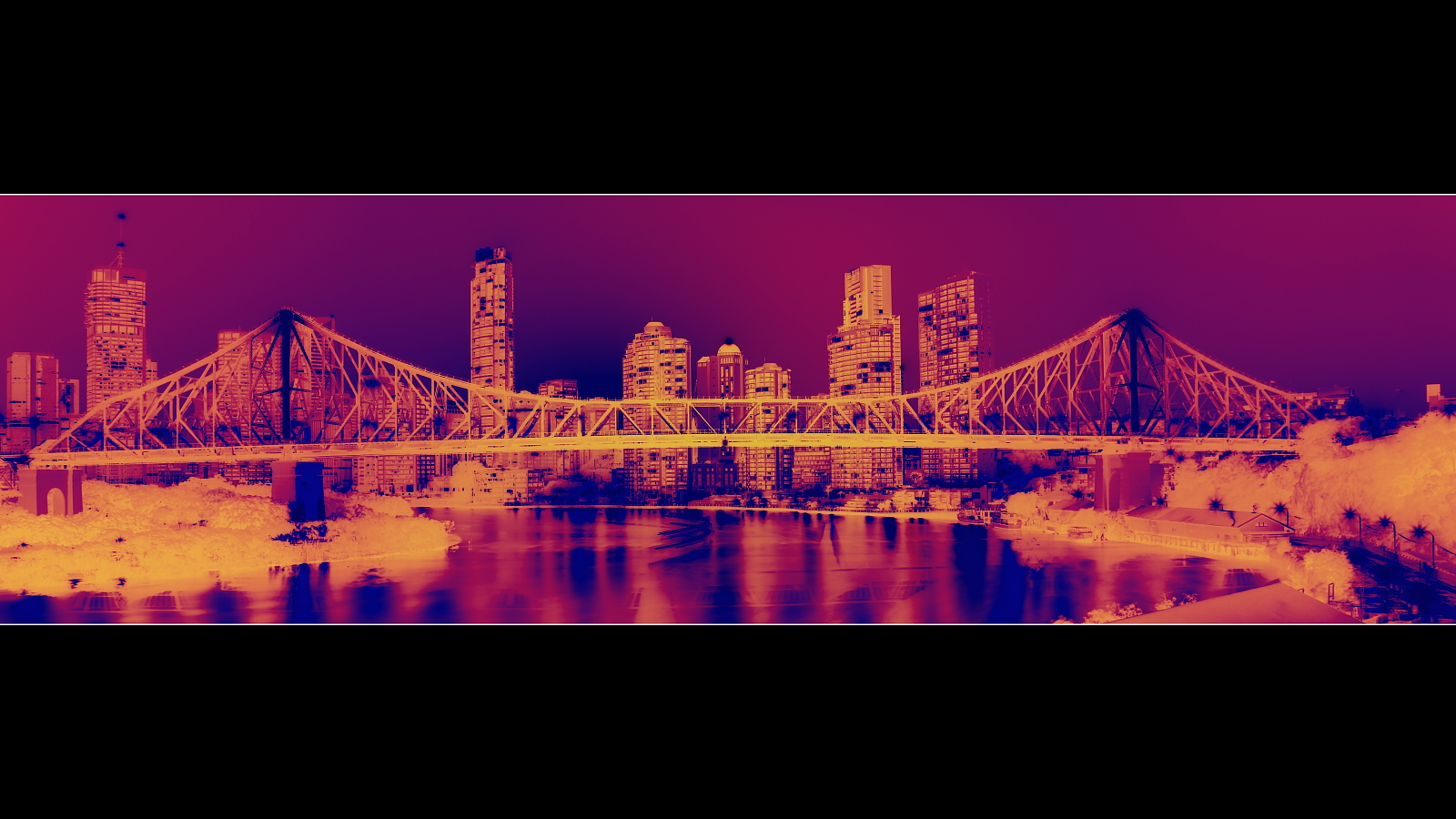Microsoft's search engine Bing is being advertised on telly at the moment with a series of funny stories that show people overwhelmed or turned into automatons by the massive amount of knowledge that is available to us through the web. The adverts ask "what has search overload has done to us?".

Earth Hour 2009 - Brisbane - IR Thermal, by Flickr user garry61
Microsoft's search engine Bing is being advertised on telly at the moment with a series of funny stories that show people overwhelmed or turned into automatons by the massive amount of knowledge that is available to us through the web. The adverts ask "what has search overload has done to us?".
Too much information can be debilitating, so people and things that can help us make the right decisions from data (Microsoft brand Bing a "decision engine", not a "search engine") will play an important part in the future. For example, President Obama recently appointed graphs and stats guru Edward Tufte to join his Recovery Independent Advisory Panel (which is already making interesting advances into the "post bureaucratic age" (as David Cameron calls it) with its innovative website Recovery.org.
Websites designed for big screens that stay in more or less the same place are great of course, but mobile devices are likely to replace the desktop (and even the laptop) computer as the dominant way that people access information from the internet. This potential is being teased out through applications that use so-called augmented reality to layer data from the internet on top of what we see during our everyday lives. This is illustrated nicely by the Worksnug app, which uses a smartphone's GPS, electronic compass and camera to display a synthesis of the visual real world and the data-world on a phone's screen (and also of course by Google's Goggles).
There are a growing number of augmented reality apps out there, but I'm excited by some of the suggestions that Dennis Pamlin made in a paper that the RSA commissioned as part of its Technology in a Cold Climate project. Dennis suggested that a 21st century digital connectivity infrastructure, combined with the internet of things could pave the way to powerful use of augmented reality to allow people to make more sustainable consumer choices.
Mobile phones also have enormous potential to prompt us to adopt better behaviours (something that both Green Thing and Stanford's Persuasive Technology Lab know). It seems odd therefore that there aren't more services such as that picked up in last week's Guardian; Barcoo, which:
...developed by a group of young Germans, allows customers to point their phones at the barcode on products in shops and find out information such as how environmentally friendly a company is and even how it treats its staff.
An engaging "augmented reality" application that uses the sort of data that Barcoo makes available to help people to make consumer decisions at the point of purchase could be exciting. Does anyone happen to know of any such apps or services? Do you think you would use it if there was one?


Be the first to write a comment
Please login to post a comment or reply.
Don't have an account? Click here to register.